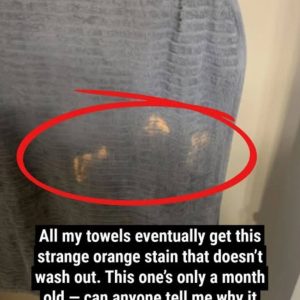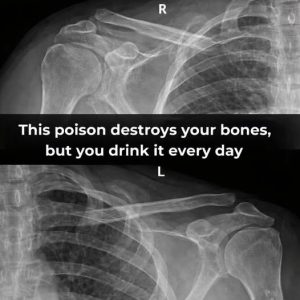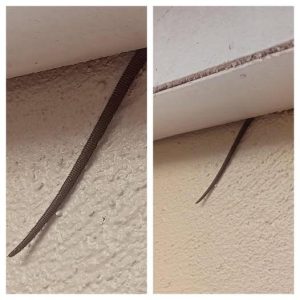When my mother was diagnosed with Alzheimer’s, I didn’t hesitate to move her into our home. It wasn’t even a question. I wanted her to be surrounded by love, stability, and familiarity—especially as the disease began to blur the world around her.
My children adored her. They didn’t see the illness; they only saw their sweet, gentle grandma. And despite her condition, my mother was never demanding. She had good days and bad days, but she always carried herself with grace.
Then one day, she went missing.
I was four hours away, dropping my kids off at summer camp, when my husband, Nate, called me in a panic. He’d woken up in the middle of the night and realized my mother was gone.
We searched for her for three agonizing days. The police were involved. Our neighbors, friends, and family joined the effort. Every second felt heavier than the last, each hour stretching with dread and uncertainty.
Then, finally, there was a knock on the door.
The police stood there—with my mother beside them. She looked tired, fragile, confused, but her face lit up when she saw me.
“Claire-bear,” she whispered, using the nickname from my childhood. “I’m here now.”
Relief flooded through me, but strangely, Nate didn’t seem relieved. He was pale and uneasy. Something about his expression didn’t sit right.
And then my mother, clear-eyed and calm, pointed directly at Nate.
“You need to arrest him,”
she said.
I stood frozen, unsure of what I was hearing. For a moment, I thought maybe it was her illness speaking. But there was a clarity in her eyes that I hadn’t seen in weeks. It wasn’t confusion. It was conviction.
“Why, Mom?” I asked softly.
She looked at me, then told me what she’d witnessed.
She had seen Nate in the bedroom with another woman. When she confronted him, he tried to manipulate her—telling her she didn’t live here anymore, that this wasn’t her home. He gaslit her, using her Alzheimer’s against her. And when she persisted, when she wouldn’t forget what she had seen, he let her go. He opened the door and let her wander off in the night, knowing full well what could happen.
I turned to look at Nate, whose face had gone blank with panic. He stammered, trying to dismiss her claims, insisting she wasn’t in her right mind.
But I knew my mother. I knew her truth.
He hadn’t just betrayed me—he endangered the life of a vulnerable woman. My mother. A woman he claimed to care about.
In that moment, I saw the man I loved in a new light. And I no longer recognized him.
Though Alzheimer’s would eventually pull her back into its fog, I will forever be grateful that in one powerful, lucid moment, my mother spoke her truth—and saved me from continuing to live a lie.
In the days that followed, I packed up our lives and left Nate behind.
Because betrayal is painful—but silence in the face of it is worse. And thanks to my mom, I chose to walk away with my dignity and my children, ready to rebuild without lies.
Her clarity may have faded, but her love never did.





